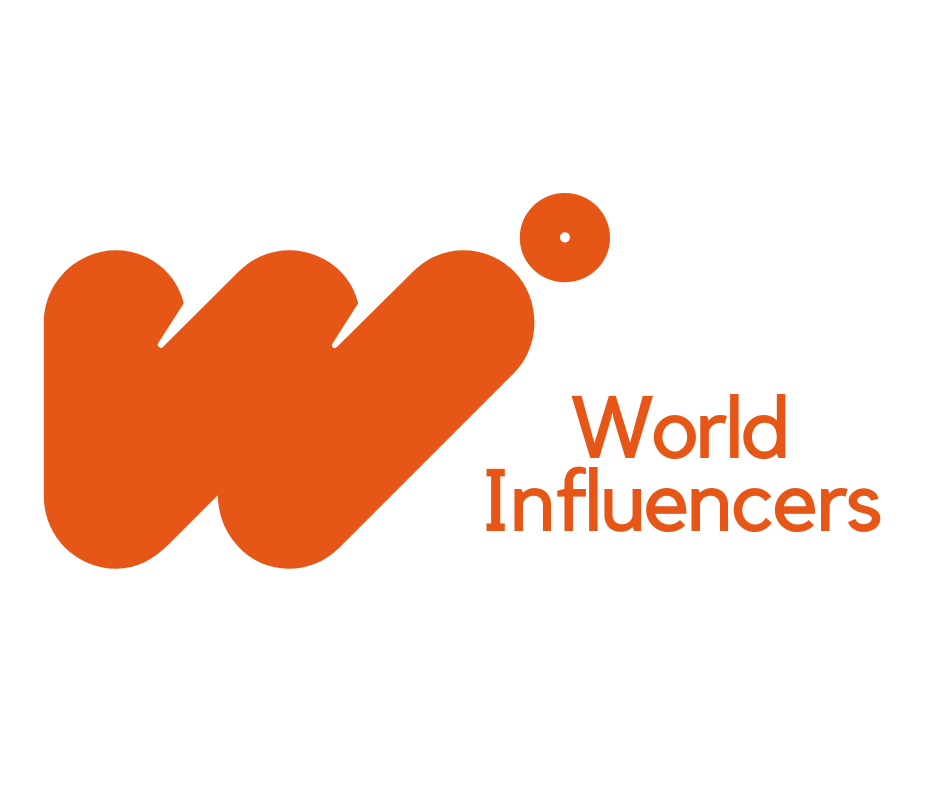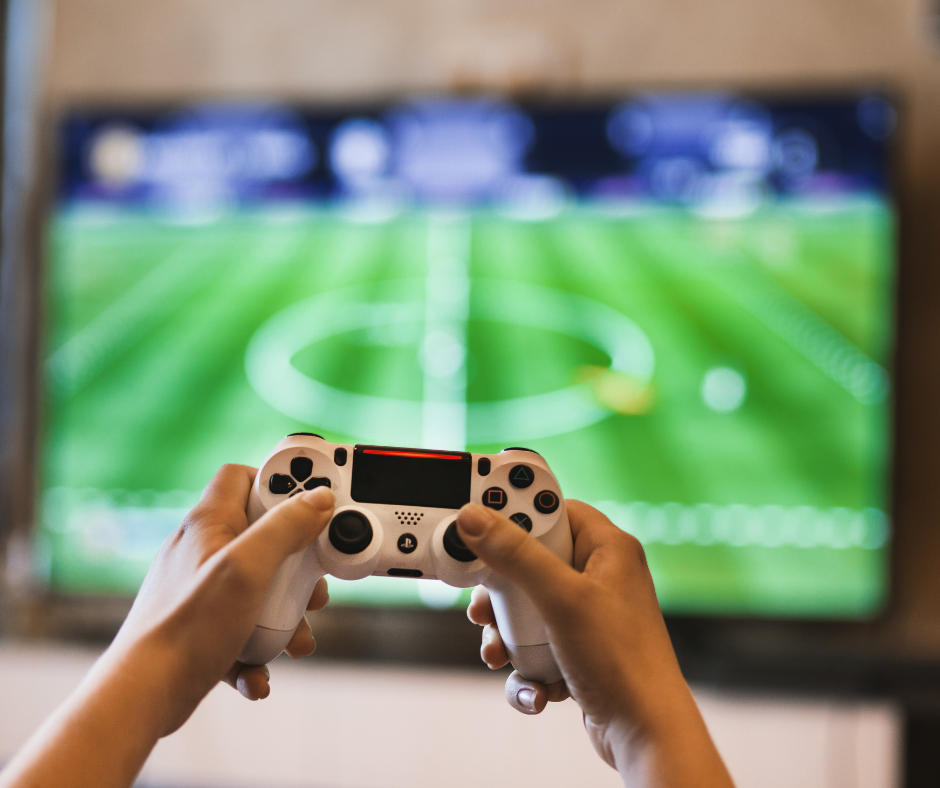In the ever-evolving landscape of digital entertainment, online gaming communities have become far more than just virtual playgrounds. They have transformed into powerful ecosystems of influence—shaping emotions, decisions, identities, and even the moral compass of millions worldwide. From multiplayer shooters to immersive role-playing games, these digital spaces now serve as social laboratories, where collaboration, competition, and communication redefine human interaction.
The Digital Tribe: Why Online Communities Matter
Human beings are wired for connection. In online gaming, that instinct manifests through guilds, clans, alliances, and chat groups—digital tribes where players find belonging, recognition, and purpose. Within these communities, shared goals create emotional bonds that can mirror real-world friendships and rivalries.
However, this connection comes with a dual edge. The positive influence of teamwork, mentorship, and inclusion can uplift players, while the negative influence—toxic behavior, peer pressure, or aggression—can distort their attitudes and responses. The power of online gaming communities lies in their ability to magnify both empathy and hostility, depending on the values they cultivate.
From Casual Fun to Behavioral Transformation
The impact of online communities on player behavior is not superficial—it’s deeply psychological. Players absorb norms, communication styles, and emotional cues from their in-game peers. Over time, this shared experience reshapes how individuals handle stress, conflict, and cooperation outside the screen.
Studies have shown that players immersed in positive gaming environments develop better social skills, empathy, and cognitive agility. They learn the essence of leadership, patience, and adaptability—traits that extend into school, work, and family life.
Conversely, toxic cultures within gaming—marked by bullying, exclusion, or misogyny—can lead to real emotional distress, reinforcing negative coping patterns and anti-social behavior.
The Role of Moderation, Mentorship, and Responsibility
Developers and community leaders hold immense responsibility. A healthy gaming ecosystem requires clear guidelines, active moderation, and emotional literacy. Games that promote respect, teamwork, and accountability have the power to reshape global youth culture—transforming passive players into active contributors.
Mentorship programs, community-driven initiatives, and inclusive tournaments can harness the energy of competition for personal growth. The key lies not in silencing intensity, but in channeling it—turning passion into purpose, and rivalry into respect.
A Call to Action: Building a Better Digital Future
The influence of online gaming communities on player behavior is undeniable. But the question remains—what kind of influence are we allowing?
We are witnessing a generational shift where virtual interactions are molding real-world values. If nurtured wisely, online gaming can become a beacon of global unity, resilience, and innovation.
Parents, educators, developers, and gamers must come together to build safer, more empowering digital environments. The time to act is now. Every message sent in a chat, every reaction in a match, and every word in a forum contributes to the culture we are building.
Let’s make it one that encourages growth, empathy, and excellence.
Conclusion
Online gaming communities hold a mirror to humanity’s best and worst traits. Within every server, there lies potential—for transformation, collaboration, and connection. The future of gaming is not about graphics or technology—it’s about values, voices, and vision.
As digital citizens, we must choose the kind of world we want to create, one click at a time.

